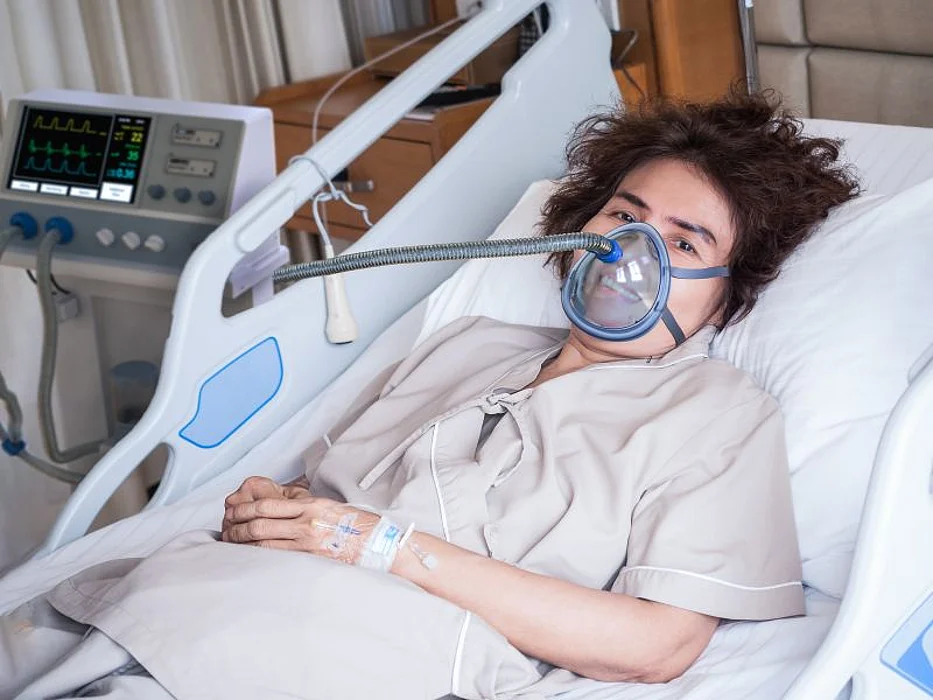

New research indicates that patients hospitalized with active cancer were more likely to die from COVID-19 than those with a history of cancer or those without any cancer diagnosis. The findings published by Wiley early online in CANCER, a peer-reviewed journal of the American Cancer Society, also indicate those with active blood cancers have the greatest risk of death due to COVID-19. Researchers found no increased mortality risk in patients who received cancer treatments in the three months (or longer) prior to hospitalization.
To investigate how cancer, or the various therapies used to treat it, can affect the health of patients who develop COVID-19, a team analyzed the NYU Langone Medical Center’s records of 4,184 hospitalized patients who tested positive for SARS-CoV-2, the virus that causes COVID-19. This group included 233 patients with a current, or “active,” cancer diagnosis. More patients with an active cancer diagnosis (34.3 percent) were likely to die from COVID-19 than those with a history of cancer (27.6 percent) and those without any cancer history (20.0 percent).
Among patients with active cancer, those with blood-related cancers were at the highest risk of death. Receiving systemic anticancer therapy, including chemotherapy, molecularly targeted therapies, and immunotherapy, within three months prior to hospitalization was not linked to a higher risk of death, and the investigators found no differences based on the types of cancer therapy received.
“We completed a large chart review-based study of patients hospitalized with COVID-19 and found that patients with active cancer, but not a history of cancer, were more likely to die. Notably, however, among those hospitalized with active cancer and COVID-19, recent cancer therapy was not associated with worse outcomes,” said senior author Daniel Becker, MD. “People with active cancer should take precautions against getting COVID-19, including vaccination, but need not avoid therapy for cancer.”

